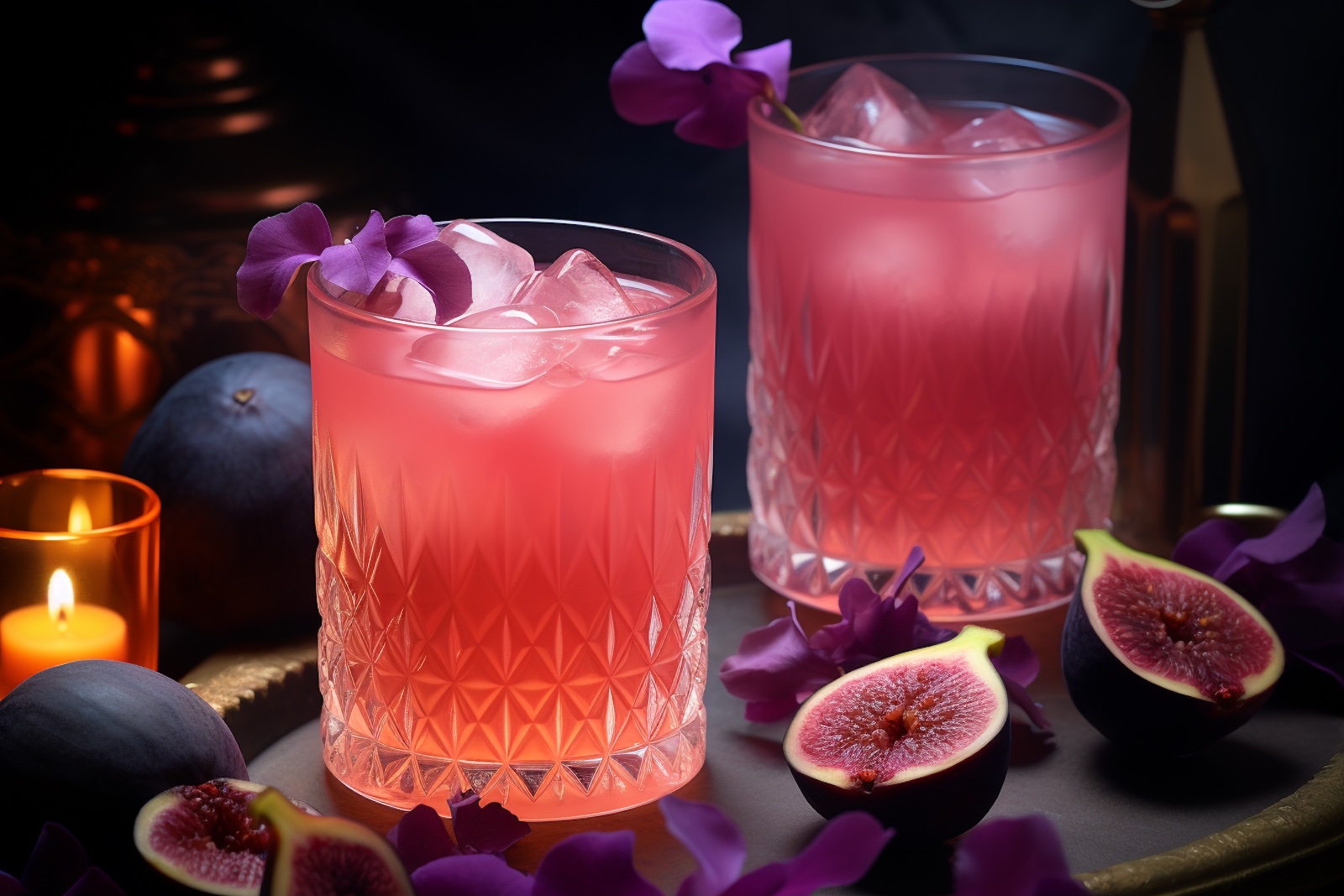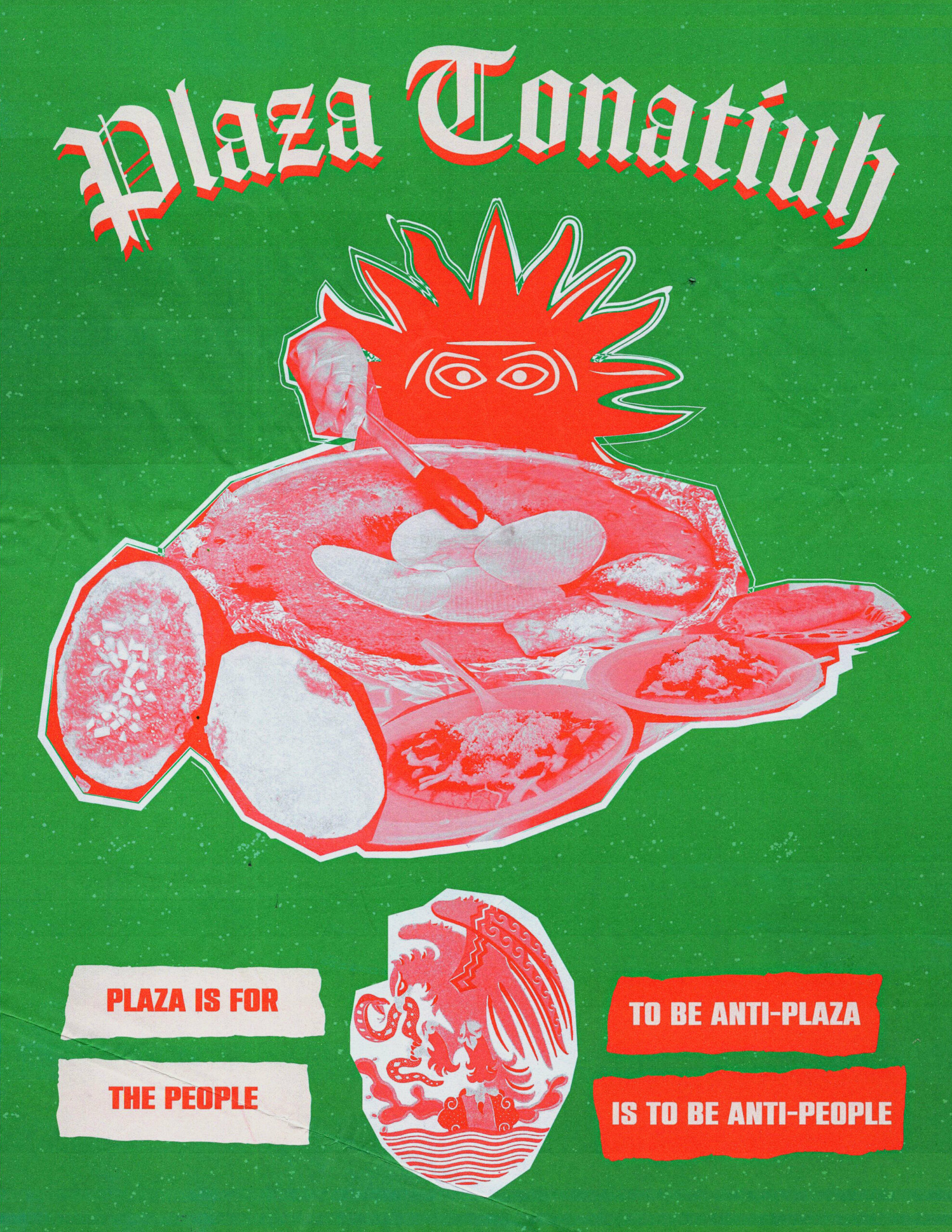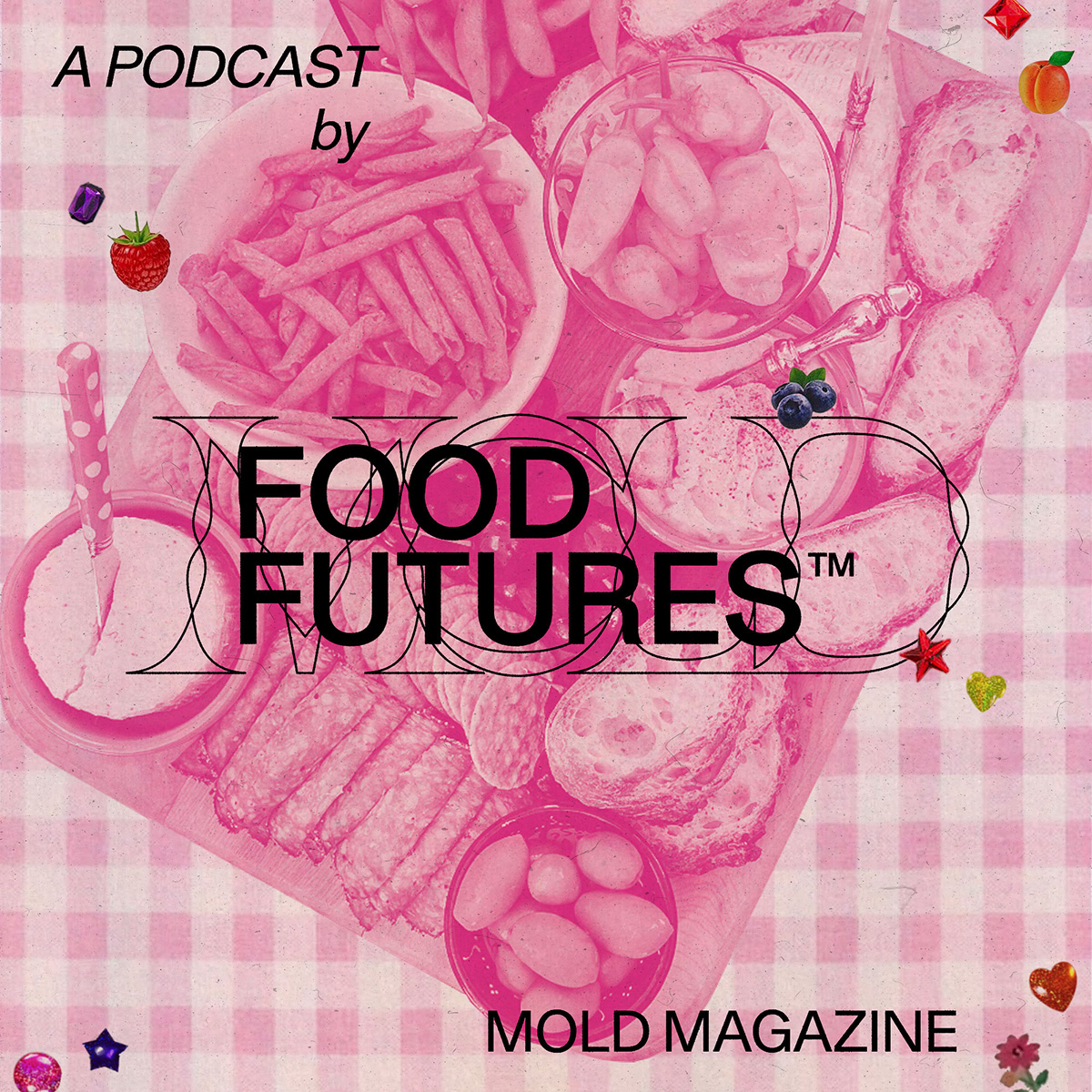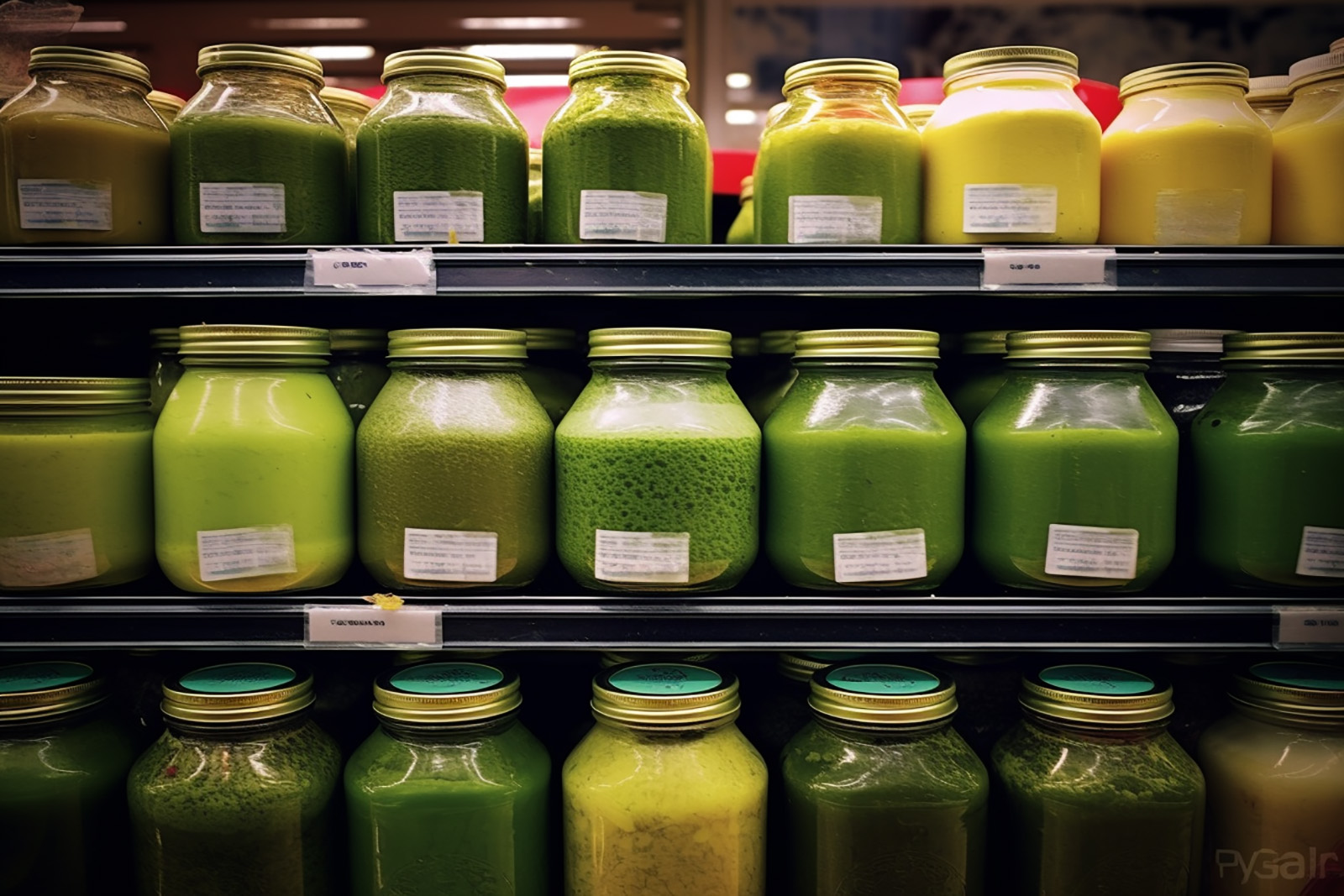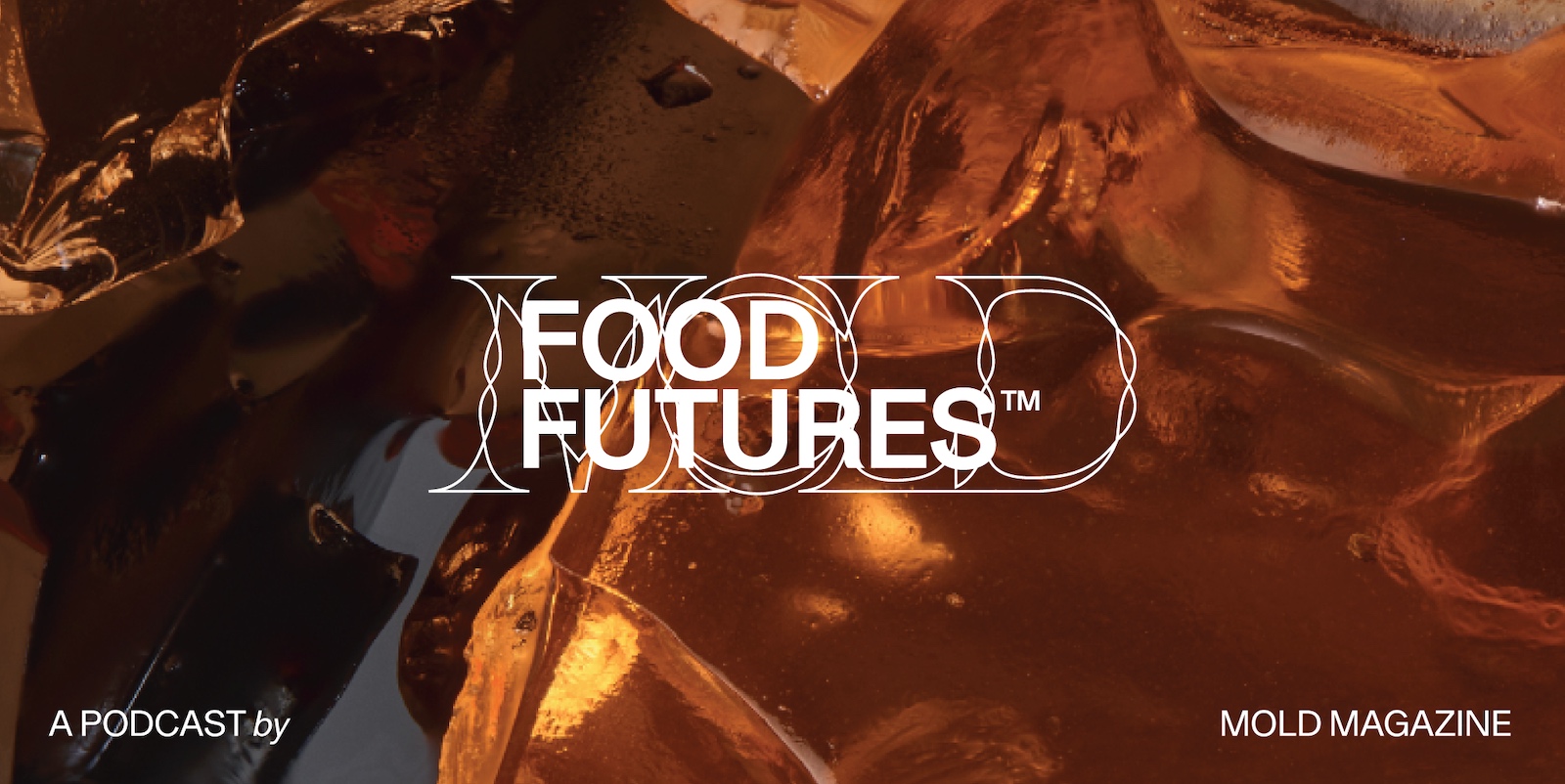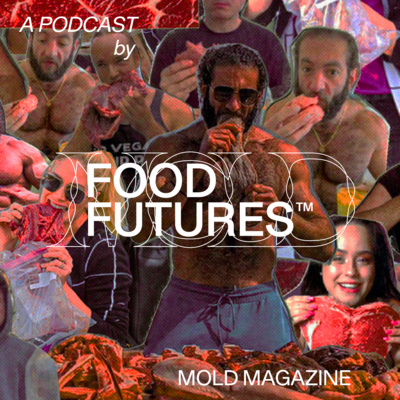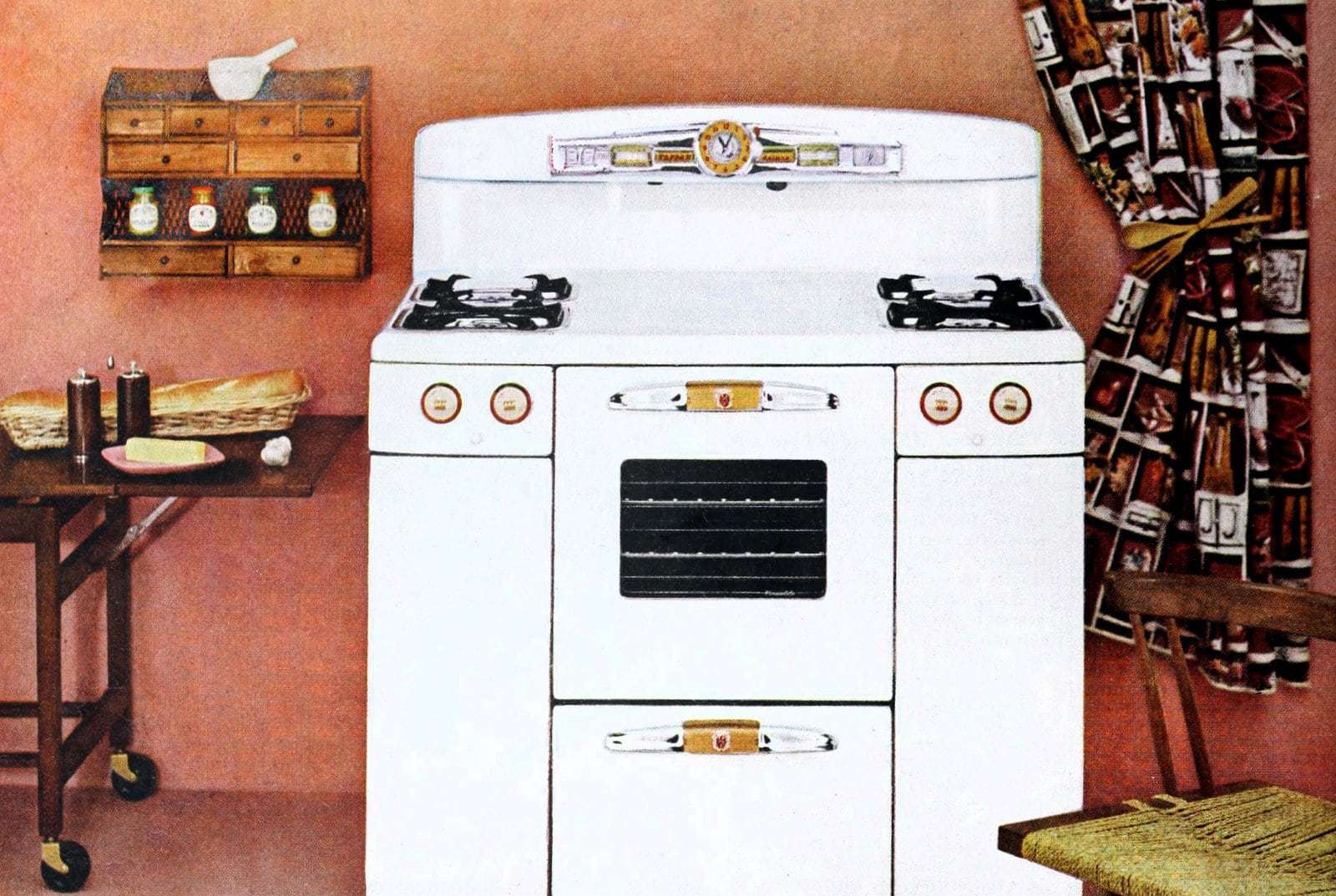In the late 2010s, lesbian bars were disappearing at an alarming rate. But now, we might be entering a renaissance of the sapphic space. In this episode of Food Futures, Ludwig Hurtado speaks with journalist Meghan McCarron as well as Emily Bielagus and Mara Herbkersman, the owners of The Ruby Fruit, a new Los Angeles bar for the sapphically inclined.
Over the last decade or so, there have been worringly fewer and fewer lesbian spaces in the US. In LA, for example, queer women have gone years without any permanent spaces for them. Closure of bars like The Palm in West Hollywood have cut off access for the queer community to gather. Meghan McCarron credits the dwindling of these spaces to a lack of capital access, thinking about who has the money to own and patronize these bars.
But something happened during the pandemic. Born out of a hunger for physical commons to gather in, new pop-ups and brick and mortar establishments for queer femmes began to see a resurgence. The story of The Ruby Fruit began when Emily Bielagus and Mara Herbkersman started to host parties in the restaurant they both worked at, and serve hot dogs and natural wine out of their 1984 Volkswagen Westfalia. In early 2023, they opened The Ruby Fruit, Los Angeles’ first brick and mortar lesbian bar since 2017. It’s in a strip mall next to a Baskin Robbins, and hosts reading and writing groups while serving light snacks and natural wines in an intimate setting. Listen to Food Futures to hear how communities react to threats on their spaces, and respond by honoring a diverse approach to how we shape our communities.
This is an episode of MOLD’s podcast, Food Futures. Listen here.
